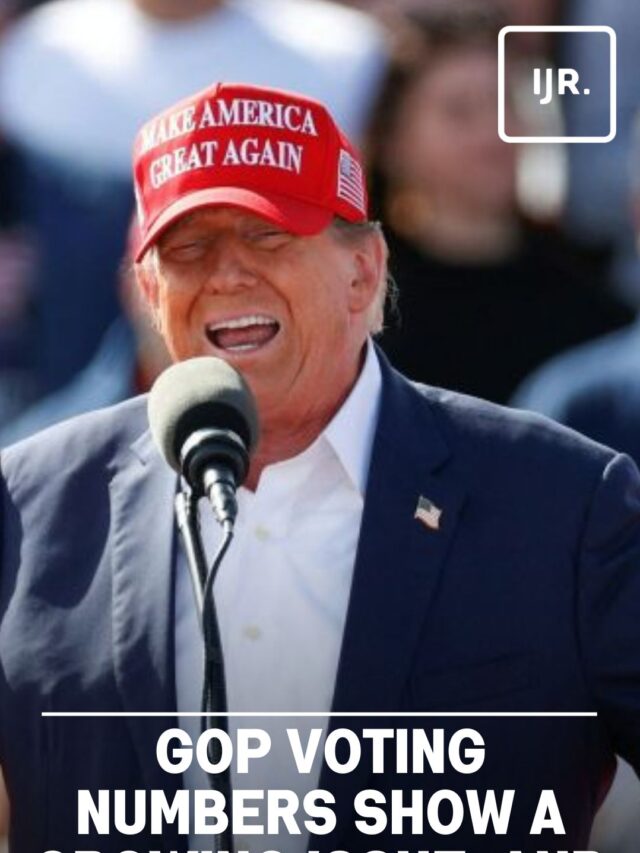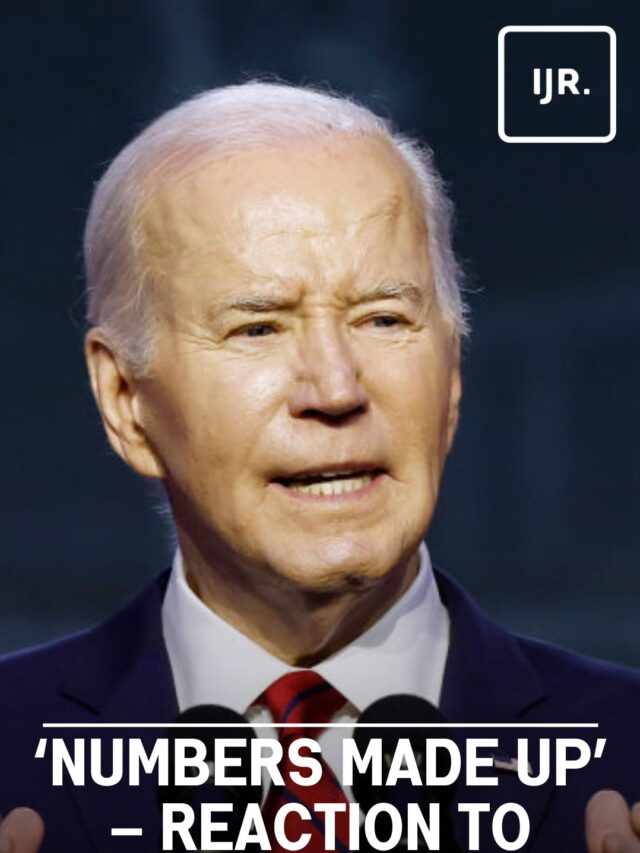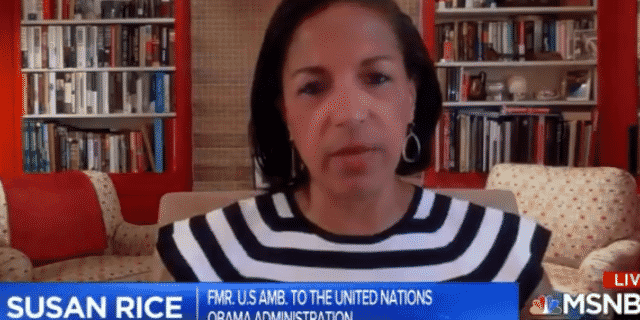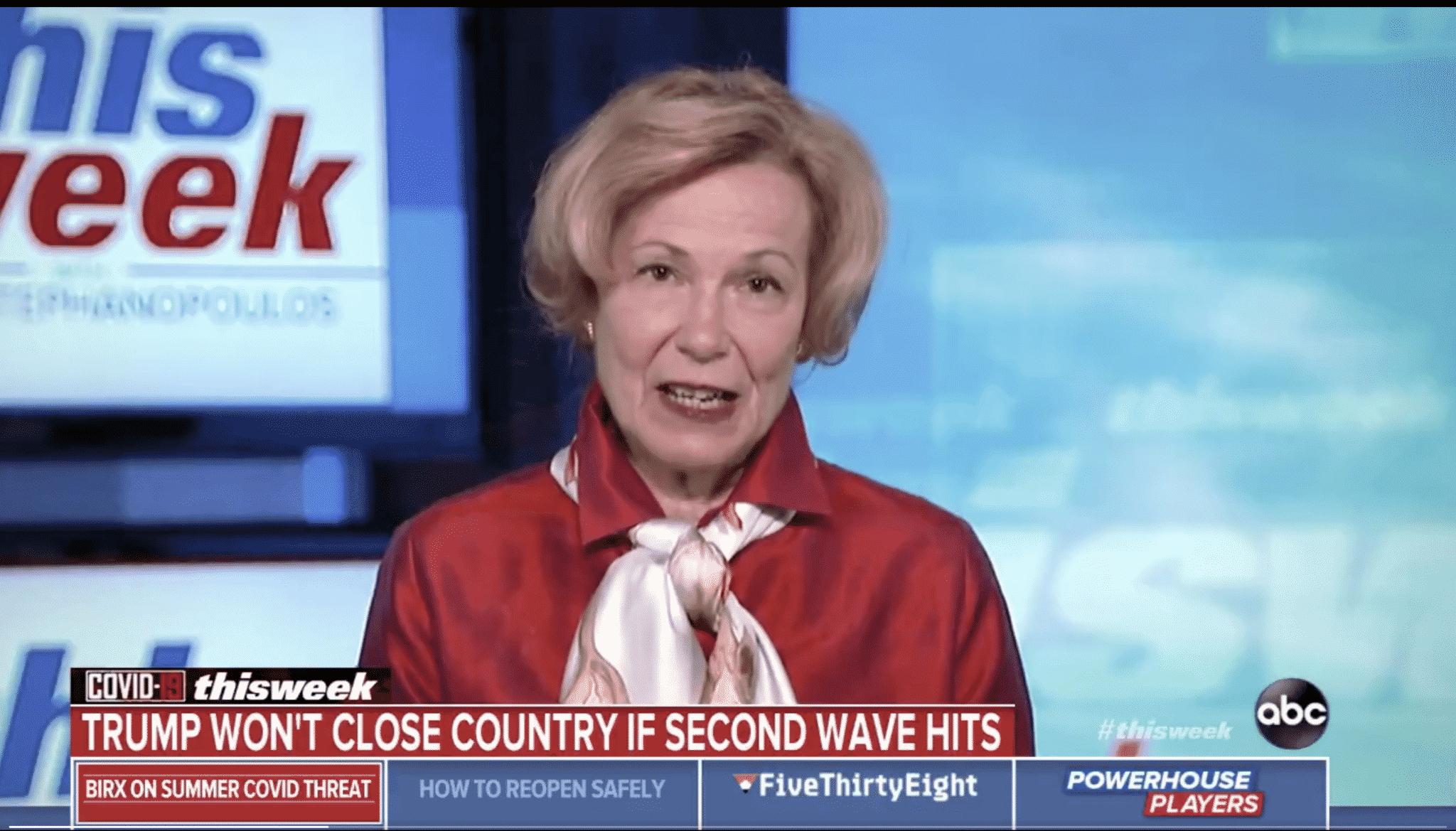With congressional Democrats and White House negotiators so far unable to agree on a deal to salve the heavy economic toll of the coronavirus pandemic, President Donald Trump has threatened to bypass Congress with an executive order.
Some of his proposals exceed his legal authority and would face immediate legal challenges, though in at least one case House of Representatives Speaker Nancy Pelosi, the nation’s top Democrat, told him to just go ahead.
WHAT DOES TRUMP WANT TO DO?
Trump said on Twitter he is considering executive orders to continue expanded unemployment benefits, reinstate a moratorium on evictions, cut payroll taxes and continue a suspension of student loan repayments amid a health crisis that has killed nearly 160,000 Americans.
He and administration officials negotiating with Congress have not provided specifics.
CAN HE DO IT?
The Constitution puts control of federal spending in the hands of Congress, not the president, so Trump does not have the legal authority to issue executive orders determining how money should be spent on coronavirus.
Democrats said executive orders would prompt a court fight, but legal action could take months.
Trump has sidestepped Congress on spending before. In 2019, he declared a national emergency at the border with Mexico to shift billions of dollars from the Pentagon budget to help pay for a promised wall that was the cornerstone of his 2016 election campaign.
Congress passed legislation to stop him, but there were too few votes in the Republican-controlled Senate to override his veto.
“There has to be a political will to do that and there has to be a priority given by members of Congress to assert their institutional interests,” said Mark Rozell, dean of the Schar School of Policy and Government at George Mason University in Virginia. “And that just isn’t there right now.”
WOULD DEMOCRATS OR REPUBLICANS OBJECT?
The $600 per week enhanced unemployment benefit in the massive “Cares Act” passed in March has been a major sticking point in negotiations. Democrats want to continue the federal payment, which expired on July 24, to the tens of millions who have lost their jobs in the crisis and have rejected a short-term extension. Trump’s fellow Republicans have argued that is too high a payment, contending it is a disincentive to work.
The moratorium on evictions was less contentious, and could be covered by reprogramming money that Congress has already approved for housing that has not been spent. Pelosi on Thursday said an order extending the moratorium “would be a good thing.”
Congressional Republicans and Democrats alike reject cutting the payroll tax, which is collected from both employers and employees to fund Social Security and Medicare. A cut would disproportionately benefit Americans with high salaries, and threaten funding for the popular programs for retirees. It also only benefits people still getting paychecks, not those who have lost their jobs.
The parties are closer together on student loans. Democrats included a 12-month extension of the student loan payment suspension in a relief bill the House passed in May. Republican senators did not include student loan relief in the proposal they unveiled in July. However, there is a Republican plan in Congress to extend the suspension for three months.
(Reporting by Patricia Zengerle; Editing by Scott Malone and Nick Zieminski)

































